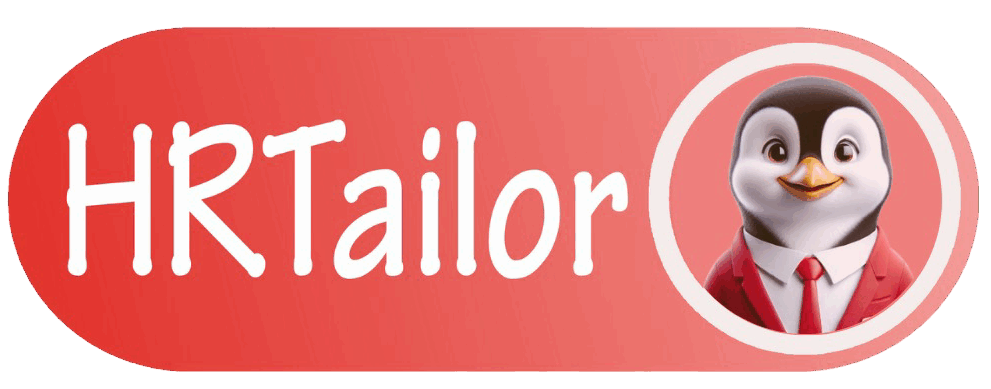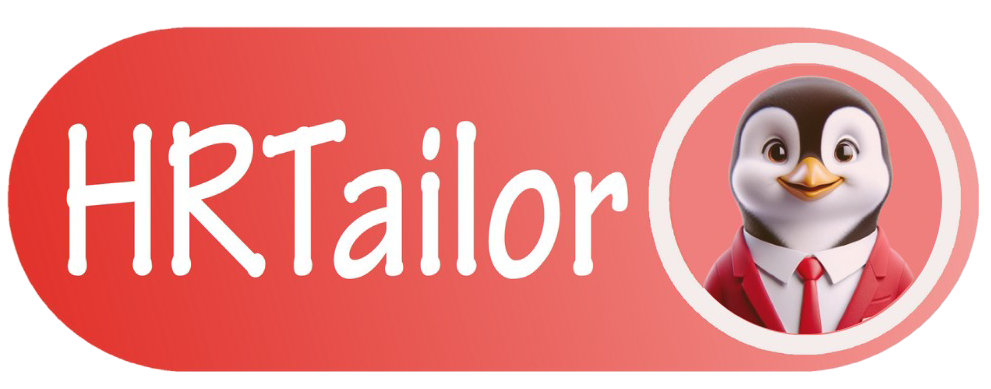
HR’s Role in Business Compliance: Key Responsibilities and Strategies
In today’s business landscape, compliance is about more than just avoiding fines—it’s about creating a trustworthy and ethical workplace that attracts top talent and builds a positive brand reputation. While departments like legal and finance often handle regulatory compliance, Human Resources (HR) plays a crucial role in employee and business compliance.
HR teams are responsible for establishing policies, training employees, monitoring behavior, and ensuring that the organization adheres to both internal and external regulations. Let’s take a closer look at HR’s role in business compliance and the strategies they can use to keep your company on the right side of the law.
1. Developing Clear Compliance Policies and Procedures
A strong foundation of compliance starts with well-defined policies and procedures. HR is responsible for developing, implementing, and regularly updating policies that align with local, national, and industry-specific regulations. These policies guide everything from workplace conduct and harassment prevention to data security and ethical behavior.
Key Responsibilities:
- Draft policies covering key compliance areas such as anti-harassment, anti-discrimination, confidentiality, and data protection.
- Ensure policies are clear, accessible, and communicated to all employees.
- Regularly review and update policies to reflect changes in legislation or organizational goals.
Strategies for Success:
- Conduct Regular Policy Audits: Ensure policies are relevant and up-to-date by conducting an annual audit or whenever significant regulatory changes occur. This helps prevent outdated policies from leading to non-compliance.
- Make Policies Easy to Understand: Avoid legal jargon and complex language in your policies. Clear, simple language helps employees understand their responsibilities and reduces the risk of accidental violations.
2. Training Employees on Compliance Requirements
Even the best policies are ineffective if employees aren’t aware of them. HR plays a key role in educating employees about compliance requirements, ensuring that everyone understands their responsibilities. This includes mandatory training on topics like workplace conduct, data privacy, anti-harassment, and ethical behavior.
Key Responsibilities:
- Develop and deliver training programs to educate employees on compliance topics.
- Ensure training covers all relevant policies, legal obligations, and the consequences of non-compliance.
- Monitor training completion rates and follow up with employees who miss required sessions.
Strategies for Success:
- Use Interactive and Engaging Training Methods: People are more likely to remember compliance training if it’s engaging. Consider using real-life scenarios, quizzes, and interactive modules to make the learning experience more dynamic.
- Provide Ongoing Education: Compliance training shouldn’t be a one-time event. Offer regular refreshers and updates to keep employees informed about new regulations and reinforce key compliance areas.
3. Ensuring Data Privacy and Confidentiality Compliance
In an era where data privacy regulations are tightening, ensuring compliance with data protection laws like GDPR and CCPA has become essential. HR handles a large amount of sensitive employee information, including personal details, health records, and performance data. It’s HR’s responsibility to protect this information and prevent unauthorized access or misuse.
Key Responsibilities:
- Establish guidelines for data collection, storage, and access, ensuring compliance with data privacy regulations.
- Train HR staff and other employees on data protection best practices.
- Monitor data handling practices to identify and mitigate potential risks.
Strategies for Success:
- Limit Access to Sensitive Information: Implement role-based access controls to ensure that only authorized personnel can view sensitive data. This minimizes the risk of data breaches and unauthorized use.
- Implement Regular Data Audits: Conduct periodic audits to ensure data privacy practices are being followed. This helps identify vulnerabilities and reinforces the importance of data protection across the organization.
4. Conducting Regular Compliance Audits and Risk Assessments
A proactive compliance program includes regular audits and risk assessments to identify potential vulnerabilities and ensure ongoing adherence to regulations. HR can work closely with internal audit teams to conduct these assessments and address any issues before they escalate. Regular audits also demonstrate a commitment to compliance and transparency, which can enhance employee trust.
Key Responsibilities:
- Schedule and conduct regular compliance audits to assess adherence to policies and regulatory requirements.
- Identify areas of improvement and develop action plans to address compliance gaps.
- Report audit findings to management and make recommendations for policy updates or additional training.
Strategies for Success:
- Collaborate with Other Departments: Compliance is a cross-functional effort, so work closely with legal, finance, and IT teams during audits to ensure a comprehensive review.
- Create a Compliance Checklist: Develop a checklist of key compliance areas to simplify the audit process. This checklist can help HR ensure that all critical aspects of employee compliance are covered.
5. Monitoring Employee Conduct and Addressing Non-Compliance
HR is responsible for setting behavioral expectations and monitoring employee conduct to ensure compliance with company policies. This includes addressing violations quickly and fairly to prevent larger issues down the line. By promoting accountability, HR can create a culture where compliance is valued and respected.
Key Responsibilities:
- Implement processes to track employee conduct and identify potential compliance issues.
- Investigate complaints and incidents related to policy violations, such as harassment or conflicts of interest.
- Take disciplinary actions when necessary to enforce compliance standards.
Strategies for Success:
- Set Up Confidential Reporting Channels: Encourage employees to report issues by providing anonymous or confidential reporting options. This helps HR identify and address compliance concerns early.
- Consistent Enforcement of Policies: Consistency is key to a successful compliance program. Apply disciplinary actions uniformly to show that the company takes compliance seriously, regardless of the employee’s position or seniority.
HR as a Key Driver of Business Compliance
HR’s role in business compliance is crucial for building a culture of integrity, transparency, and trust within the organization. By developing clear policies, training employees, monitoring conduct, and proactively addressing compliance risks, HR can help protect the company from legal and reputational damage. Beyond just enforcing rules, HR has the power to foster a positive workplace culture where compliance is valued and integrated into everyday operations.
For businesses looking for support in managing employee and business compliance, consider exploring the Employee Compliance Services at HRTailor. With the right strategies in place, HR can make a significant impact on your company’s compliance journey, helping you build a strong and resilient business.

